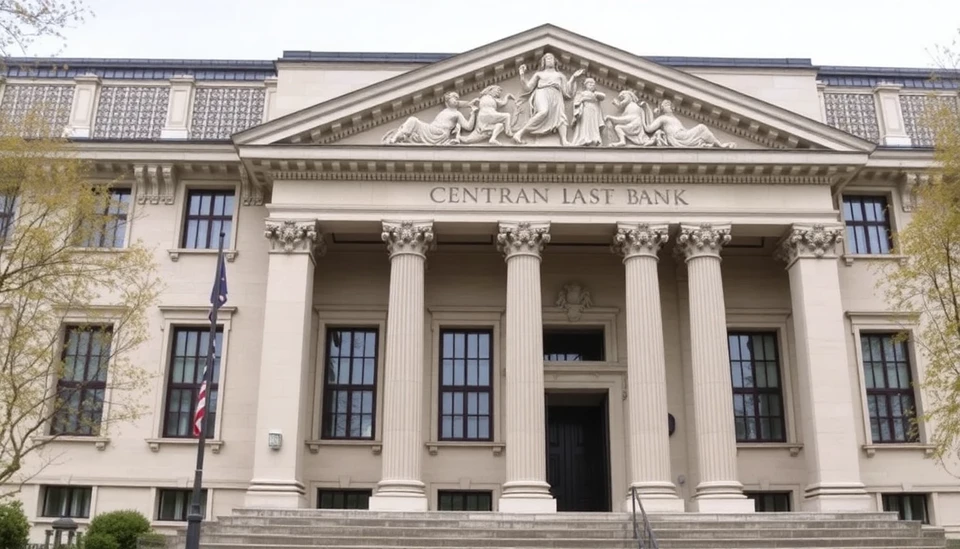
The European Central Bank (ECB) is signaling a downward shift in its interest rate strategy as economic indicators suggest a cooling in inflation rates across the Eurozone. In a recent statement, ECB Vice President Luis de Guindos acknowledged that while rates are clearly headed lower, a prudent approach remains essential in navigating the post-pandemic economic landscape.
Speaking at a financial symposium in Frankfurt, Guindos emphasized the need for careful consideration before making any drastic changes to monetary policy. His comments reflect a broader sentiment among ECB officials who are keenly aware of the delicate balance between stimulating growth and containing inflation. Despite the downward trajectory of rates, Guindos warned that hasty decisions could jeopardize economic recovery efforts.
The current economic climate is characterized by a decline in inflation pressures, largely driven by falling energy prices and improvements in supply chains that have eased some of the costs associated with consumer goods. As inflation rates dip closer to the ECB's target, the bank is under increasing pressure to adjust its rates accordingly. However, Guindos cautioned that the ECB must remain vigilant to signs of economic instability that might necessitate a more cautious approach in policy adjustments.
Market analysts are closely watching the ECB's forthcoming meetings, anticipating discussions on potential rate cuts that could stimulate lending and consumer spending. Guindos reiterated that the central bank remains committed to supporting the Eurozone’s recovery, but he also stressed the importance of being adaptable to shifting economic conditions. “We are in a new phase of economic recovery,” Guindos stated, “and we need to be able to react to changes in the economic environment.”
In terms of future guidance, the ECB has hinted at maintaining flexibility in its policy framework, which could allow for quicker adjustments should economic indicators suggest a need for intervention. Guindos's remarks come at a time when inflationary pressures have eased significantly, with consumer confidence showing signs of improvement as well. Such dynamics could play a crucial role in shaping the ECB's future decisions regarding interest rates.
As Europe grapples with the ongoing challenges of post-pandemic recovery, the ECB’s careful navigation of interest rates will be pivotal. The central bank's decisions will have far-reaching implications not only for European economies but also for global markets, as investors keep a watchful eye on any signals of policy changes.
The call for prudence as articulated by Guindos highlights the ECB's strategy of balancing growth initiatives against inflation control. As the central banks around the world recalibrate their policies in response to evolving economic conditions, the ECB's approach could serve as a critical reference point for other central banks facing similar dilemmas.
In summary, while the ECB is clearly on a path toward lower interest rates, the emphasis on caution signifies a conscious strategy to ensure that any shifts in policy are well-calculated and informed by comprehensive economic data. Stakeholders will be eager to see how these considerations will manifest in the ECB's decisions in the upcoming months.
As the economic landscape continues to evolve, the effectiveness of the ECB’s policies will be crucial in determining the trajectory of Europe's economic recovery.
#ECB #InterestRates #Economy #MonetaryPolicy #LuisdeGuindos #Eurozone #Inflation #FinancialMarkets
Author: Daniel Foster




